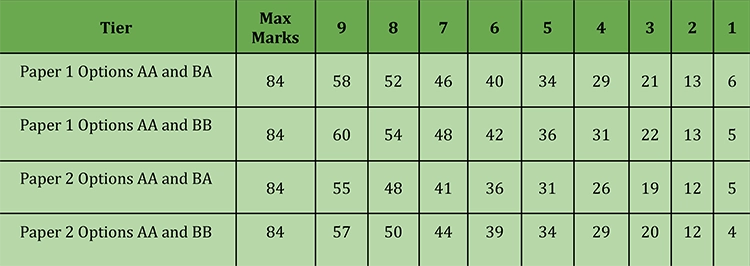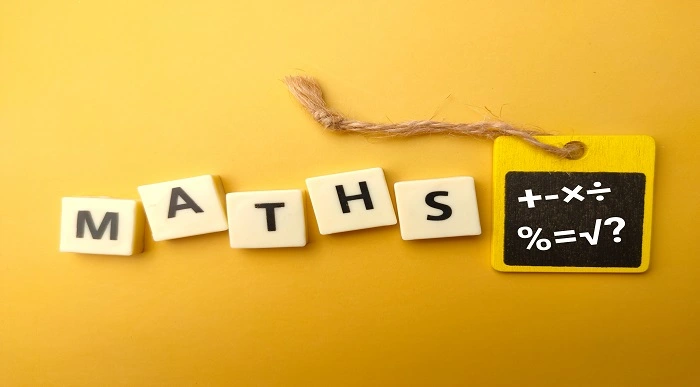GCSE
AQA GCSE Grade Boundaries for All Subjects (2019 to 2023)
There are a number of boards in the UK at present that mark and award GCSEs. AQA is considered to be the most common examination board for GCSEs among them. If you are planning to take GCSE under AQA, you must know the grade boundaries to understand the grading policy of AQA for each subject.
Get a glimpse of the AQA GCSE grade boundaries of all the major subjects from the year 2019-2022 right from this blog.
Table of Content
What is AQA GCSE Grade Boundaries?
The GCSE grade boundaries denote the number of raw marks that a student requires to achieve in order to obtain a certain grade. The grade boundaries are not the same for each subject and vary slightly each year to make the system fair for every student.
Each of the boards set their own grading boundaries. AQA also has specific grade boundaries that are different for each subject and from other boards. For example, the AQA GCSE grade boundary for Physics in 2021 was 122 for grade 5 whereas it was 119 for Biology.
AQA GCSE Grade Boundaries 2019
In regards to the AQA GCSE Grade Boundaries for 2019, it is important to note that these boundaries are subject to change year by year.






AQA GCSE Grade Boundaries 2020
The grade boundaries are determined by the exam board based on factors such as the difficulty of the exam and the overall performance of students. It is also worth noting that grade boundaries my vary between different subjects and exam boards.







AQA GCSE Grade Boundaries 2021
The AQA GCSE exams are a significant milestone for many students, and preparing well for them is essential. Knowing the grade boundaries can help you set realistic goals and work towards achieving them.







AQA GCSE Grade Boundaries 2022
To ensure success, it’s important to stay informed of the most recent grade boundaries and seek guidance from educators or exam boards if needed.







FAQs:
Is AQA or Edexcel harder?
This actually depends on the subject. For example, when the subject is Maths, Edexcel is considered to be harder than AQA. On the other hand, AQA is the toughest when the subject is English and Edexcel is the easiest.
What is the most popular GCSE subject?
The core subjects like Maths, English and Science are considered to be the most popular GCSE subjects as these pave the pathway to higher education and universities. Apart from these, French, Geography, Art and History are also some of the popular subjects.
What GCSEs do universities prefer?
Most of the universities prefer GCSE Maths, English and Science. However, there exists a difference in the grade requirement among the universities. While the majority of the universities prefer grade 4 to 5, some of the top class universities demand higher grades.
Does Cambridge look at GCSEs?
GCSE is not an entry requirement for Cambridge however; GCSE indicates your performance at the school/college level and might be looked upon initially when you apply.
Do Oxford look at your GCSE results?
When considering your application, Oxford takes into account your GCSE results alongside your personal statement, academic reference, and performance in any written test required for your course.
Do universities prefer Igcse or GCSE?
Both the GCSE and the IGCSE are accepted as ‘equivalent’ qualifications by the top universities.
Do universities only look at your top 8 GCSEs?
Majority of the universities will look at your top 8 GCSEs which should include Maths, English x 2 and Science x 3, especially for subjects like Medicine.
Conclusion:
The grade boundaries of GCSEs are usually published on the day of the result. But, the above-mentioned AQA GCSE grade boundaries of past years would give students an overall idea of how to target a score and prepare for the exams accordingly.
What to Read Next:
- What is Functional Skills Maths Level 2 Equivalent To? Qualification
- Functional Skills Pass Rates – Comprehensive Analysis Update
- List of Exam Boards UK
- How to Become Better at Math?
- Essential Functional Skills Booklist for Study and Practice
- What are GCSEs? Everything you need to know
- GCSE Exam Centres






